Hepatoprotective
How to submit an article:
- Registered users can submit any published journal article that has a unique DOI (Digital Object Identifier) name or link to Research Hub.
- For example, you can paste the full DOI link:
https://doi.org/10.1109/5.771073or just the DOI name:10.1109/5.771073into the field above and click submit. - The person who is first to submit a valid article to Research Hub will forever be credited for it, and every article submission earns you +6 Research Points.
Related Topics
Published research studies are articles that present the findings of original research that has undergone a peer-review process and has been made publicly available in scholarly journals, books or other media.
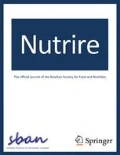
Myrtle: a versatile medicinal plant
2023 Feb 16 Nutrire Gorjian H, Khaligh NG
The study concludes that myrtle has multifaceted pharmacological effects, including antioxidant, antibacterial, and anti-inflammatory activities, and it holds potential in various fields such as COVID-19 management, diabetes, liver protection, hypertension, and as a natural remedy for certain health conditions.
Review Article
Fermented Gold Kiwi Prevents and Attenuates Chronic Alcohol-Induced Liver Injury in Mice via Suppression of Inflammatory Responses
2023 Jan 31 Applied Sciences Choi J, Lee S, Choi H, Lee J, Lee N, Oh H, et al.
This study demonstrates that fermented gold kiwi (FGK) exerts a protective effect against alcohol-induced liver damage by improving alcohol metabolism and increasing anti-inflammatory activity. This finding suggests that FGK might be developed into a functional food treatment against alcohol-induced liver disease.
Animal Study KiwifruitTherapeutic Potential of Nelumbo nucifera (Sacred Lotus) in CNS Disorders
2022 Jun 09 Dhaka University Journal of Pharmaceutical Sciences Mitra K, Raihan MA, Rahman MA, Rouf R, Reza HM, Uddin SJ, et al.
Nelumbo nucifera stem has shown a wide range of pharmacological activities, including anti-ischaemic, antioxidant, hepatoprotective, anti-inflammatory, anti-fertility, anti-arrhythmic, antifibrotic, antiviral, anti-proliferative, anti-diarrhoeal, psychopharmacological, immune-modulatory, hypoglycaemic, aldose reductase inhibitory, antibacterial, aphrodisiac, anti-platelet, cardiovascular, anti-obesity, lipolytic, hypocholesterolaemic, hepato-protective, anticancer, and diuretic activities.
Review Article Lotus Lotus Seed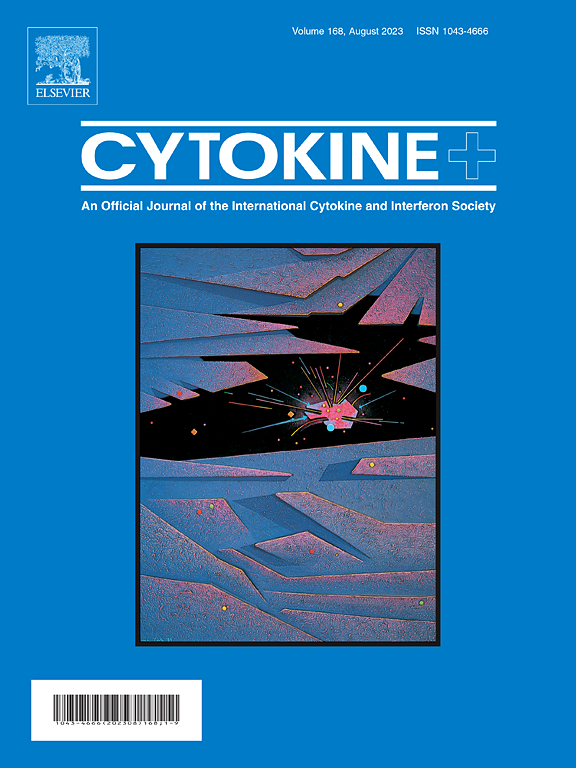
The hepato-renal protective potential of walnut seed skin extract against acute renal ischemia/reperfusion damage
2022 May Cytokine Askin S, Askin H, Dursun E, Palabiyik E, Uguz H, Cakmak , et al.
Animal Study Walnut Antioxidant Nephroprotective Effects Hepatoprotective Walnut Seed Skin Anti-Inflammatory Hepatorenal Protective Acute Kidney Injury Acute Renal IschemiaWalnut seed skin extract demonstrates potential hepato-renal protective effects, inhibiting inflammatory responses, oxidative stress and apoptosis, in kidney-damaged Sprague-Dawley rats.

Research Progress on the Pharmacological Action of Schisantherin A
2022 Feb 12 Evidence-Based Complementary and Alternative Medicine Xiao Z, Xiao W, Li G
Schisantherin A (Sch A) exhibits diverse pharmacological effects, including anti-Parkinson, anti-inflammatory, hepatoprotective, anti-ischemia-reperfusion injury, anti-osteoclast formation, and cognitive enhancement properties. Its mechanism of action involves antioxidant, anti-inflammatory, and antiapoptotic pathways mediated by MAPK, NF-κB, AKT/GSK3β, and PI3K/AKT pathways.
Review Article Wu Wei ZiResearch insights are moderated by the Research Hub team and offer an at-a-glance overview of interesting research findings.

2022 Cytokine
Walnut seed skin extract demonstrates potential hepato-renal protective effects, inhibiting inflammatory responses, oxidative stress and apoptosis, in kidney-damaged Sprague-Dawley rats.
Animal Study Acute Kidney Injury Acute Renal Ischemia Anti-Inflammatory Antioxidant Hepatorenal Protective
The hepato-renal protective potential of walnut seed skin extract against acute renal ischemia/reperfusion damage
Askin S, Askin H, Dursun E, Palabiyik E, Uguz H, Cakmak , et al.
2022 South African Journal of Botany
Chrysanthemums, popular floricultural crops, not only hold significant ornamental value but also exhibit various therapeutic potentials including antioxidant, antimicrobial, and anticancer activities.
Review Article Anti-Inflammatory Anticancer Antioxidant Chrysanthemum Nephroprotective
Chrysanthemum, an ornamental genus with considerable medicinal value: A comprehensive review
Hadizadeh H, Samiei L, Shakeri A

2022 Reference Series in Phytochemistry
Coconut water possesses unique compound profiles that imbue it with a broad spectrum of medical properties, incorporating aspects of nutrition, pharmacology, and disease prevention.
Review Article Cardiovascular Disease Coconut Water High Blood Pressure Osteoporosis
Health Benefits of Coconut Water
Rethinam P, Krishnakumar V
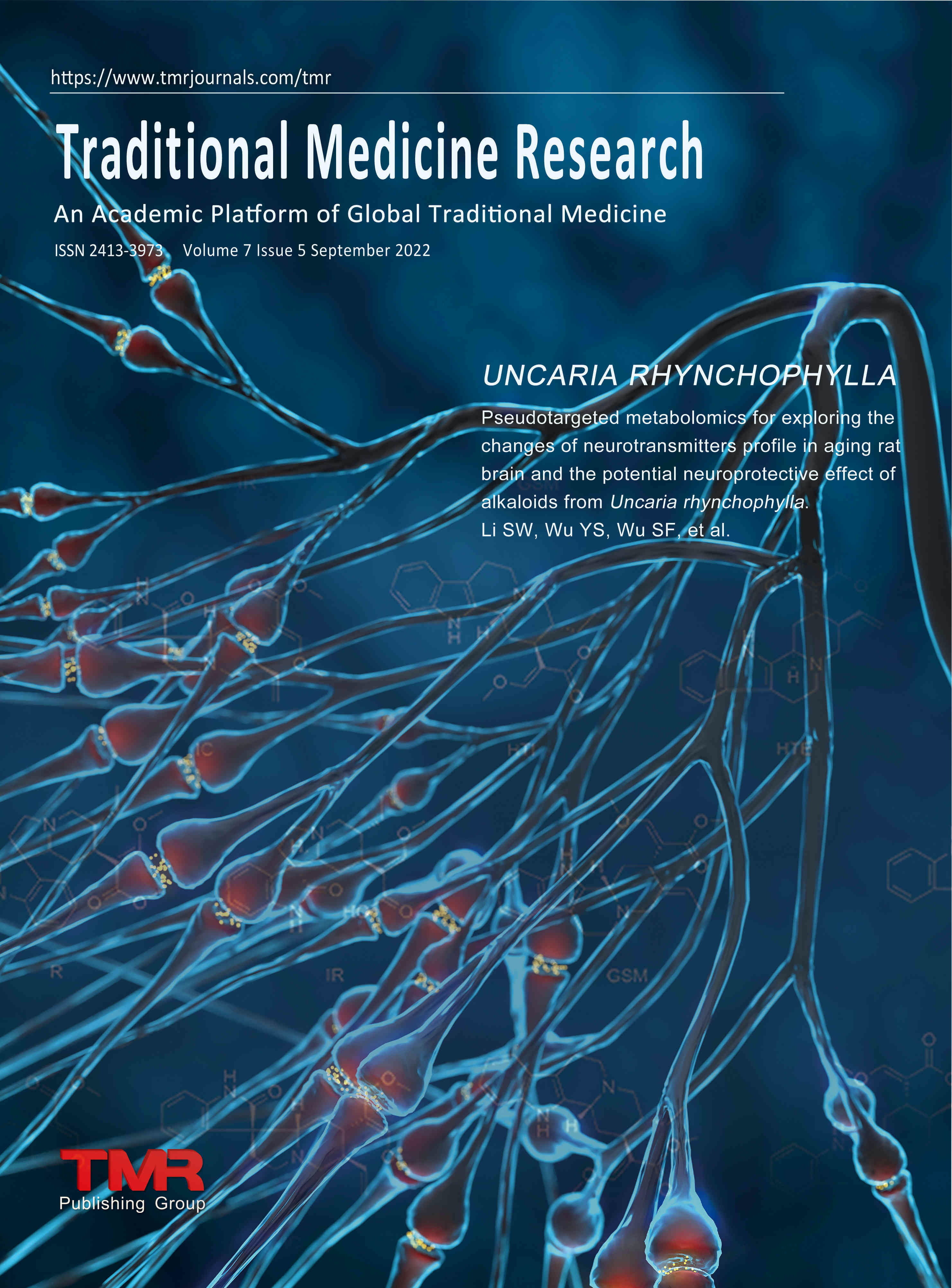
2022 Traditional Medicine Research
The jujube tree bears fruit endowed with substantial nutritional value and contains numerous phytochemical components with reported antioxidant, anti-cancer and neuroprotective properties.
Theoretical Article Anticancer Antioxidant Jujube Neuroprotective
Jujube (Ziziphus jujuba Mill. (Rhamnaceae)): a review on its pharmacological properties and phytochemistry
Aafi E, Reza M, Mirabzadeh M
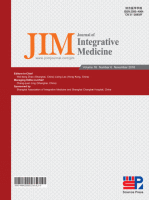
2021 Journal of Integrative Medicine
Shen Ling Bai Zhu San was found to inhibit inflammatory damage in nonalcoholic fatty liver disease, thus offering potential as a preventive and therapeutic treatment.
Animal Study NAFLD Shen Ling Bai Zhu San
Hepatic protective effects of Shenling Baizhu powder, a herbal compound, against inflammatory damage via TLR4/NLRP3 signalling pathway in rats with nonalcoholic fatty liver disease
Pan M, Zheng C, Deng Y, Tang K, Nie H, Xie J, et al.
Review Articles
Review articles summarise and critically evaluate the current state of research on a specific topic or field by synthesising multiple primary research studies.

Myrtle: a versatile medicinal plant
2023 Feb 16 Nutrire Gorjian H, Khaligh NG
The study concludes that myrtle has multifaceted pharmacological effects, including antioxidant, antibacterial, and anti-inflammatory activities, and it holds potential in various fields such as COVID-19 management, diabetes, liver protection, hypertension, and as a natural remedy for certain health conditions.
Review ArticleTherapeutic Potential of Nelumbo nucifera (Sacred Lotus) in CNS Disorders
2022 Jun 09 Dhaka University Journal of Pharmaceutical Sciences Mitra K, Raihan MA, Rahman MA, Rouf R, Reza HM, Uddin SJ, et al.
Nelumbo nucifera stem has shown a wide range of pharmacological activities, including anti-ischaemic, antioxidant, hepatoprotective, anti-inflammatory, anti-fertility, anti-arrhythmic, antifibrotic, antiviral, anti-proliferative, anti-diarrhoeal, psychopharmacological, immune-modulatory, hypoglycaemic, aldose reductase inhibitory, antibacterial, aphrodisiac, anti-platelet, cardiovascular, anti-obesity, lipolytic, hypocholesterolaemic, hepato-protective, anticancer, and diuretic activities.
Review Article Lotus Lotus Seed
Research Progress on the Pharmacological Action of Schisantherin A
2022 Feb 12 Evidence-Based Complementary and Alternative Medicine Xiao Z, Xiao W, Li G
Schisantherin A (Sch A) exhibits diverse pharmacological effects, including anti-Parkinson, anti-inflammatory, hepatoprotective, anti-ischemia-reperfusion injury, anti-osteoclast formation, and cognitive enhancement properties. Its mechanism of action involves antioxidant, anti-inflammatory, and antiapoptotic pathways mediated by MAPK, NF-κB, AKT/GSK3β, and PI3K/AKT pathways.
Review Article Wu Wei Zi
Health Benefits of Coconut Water
2022 Jan Reference Series in Phytochemistry Rethinam P, Krishnakumar V
Review Article Cardiovascular Disease Coconut Water High Blood Pressure OsteoporosisCoconut water possesses unique compound profiles that imbue it with a broad spectrum of medical properties, incorporating aspects of nutrition, pharmacology, and disease prevention.

Jujube (Ziziphus jujuba Mill. (Rhamnaceae)): a review on its pharmacological properties and phytochemistry
2022 Jan Traditional Medicine Research Aafi E, Reza M, Mirabzadeh M
Theoretical Article Review Article Anticancer Jujube Antioxidant NeuroprotectiveThe jujube tree bears fruit endowed with substantial nutritional value and contains numerous phytochemical components with reported antioxidant, anti-cancer and neuroprotective properties.
Clinical Trials
Clinical trials are research studies that involve people and are conducted to evaluate the safety and efficacy of new treatments or interventions, such as drugs, medical devices, or behavioural therapies.
Study Protocols
Published study protocols are detailed plans that outline the objectives, methodology, statistical analyses, and organisation of a research study that have been made publicly available for others to review and use as a reference.
Presentation Slides

Animal Study
Walnut seed skin extract demonstrates potential hepato-renal protective effects, inhibiting inflammatory responses, oxidative stress and apoptosis, in kidney-damaged Sprague-Dawley rats.
Askin S, Askin H, Dursun E, Palabiyik E, Uguz H, Cakmak , Koc K

Review Article
Chrysanthemums, popular floricultural crops, not only hold significant ornamental value but also exhibit various therapeutic potentials including antioxidant, antimicrobial, and anticancer activities.
Hadizadeh H, Samiei L, Shakeri A

Review Article
Coconut water possesses unique compound profiles that imbue it with a broad spectrum of medical properties, incorporating aspects of nutrition, pharmacology, and disease prevention.
Rethinam P, Krishnakumar V

Theoretical Article
The jujube tree bears fruit endowed with substantial nutritional value and contains numerous phytochemical components with reported antioxidant, anti-cancer and neuroprotective properties.
Aafi E, Reza M, Mirabzadeh M

Animal Study
Shen Ling Bai Zhu San was found to inhibit inflammatory damage in nonalcoholic fatty liver disease, thus offering potential as a preventive and therapeutic treatment.
Pan M, Zheng C, Deng Y, Tang K, Nie H, Xie J, Liu D, Tu G, Yang Q, Zhang Y
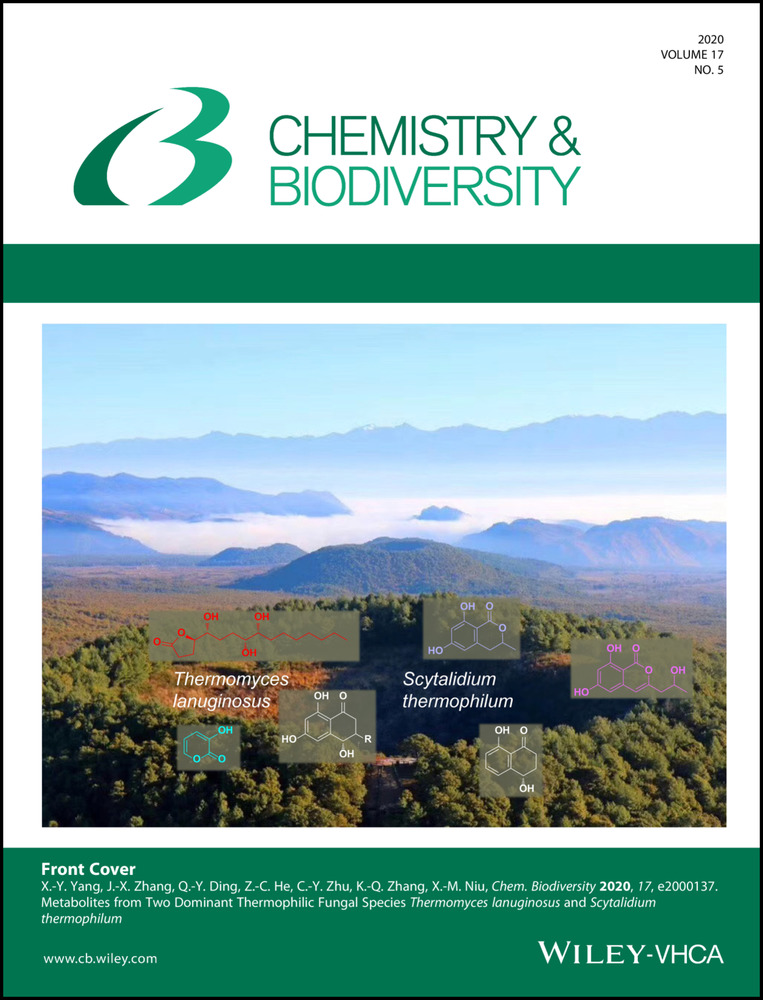
Experimental Study
Chrysanthemum, a traditional Chinese medicine, shows significant antioxidant activity and hepatoprotective effects, making it a potential resource for functional foods and medicinal materials.
Chen L, Liu Y, Huang X, Zhu Y, Li J, Miao Y, Du H, Liu D

Review Article
Jujube fruits contain a high amount of various bioactive compounds exerting antioxidant, anti-inflammatory, antiobesity, anti-cardiovascular disease, hepatoprotective, antidiabetic, anti-microbial, anticancer, and gastrointestinal-protective effects.
Rashwan, A. K, Karim, N., Shishir, M. Rezaul Islam, Bao, T., Lu, Y., & Chen, W.
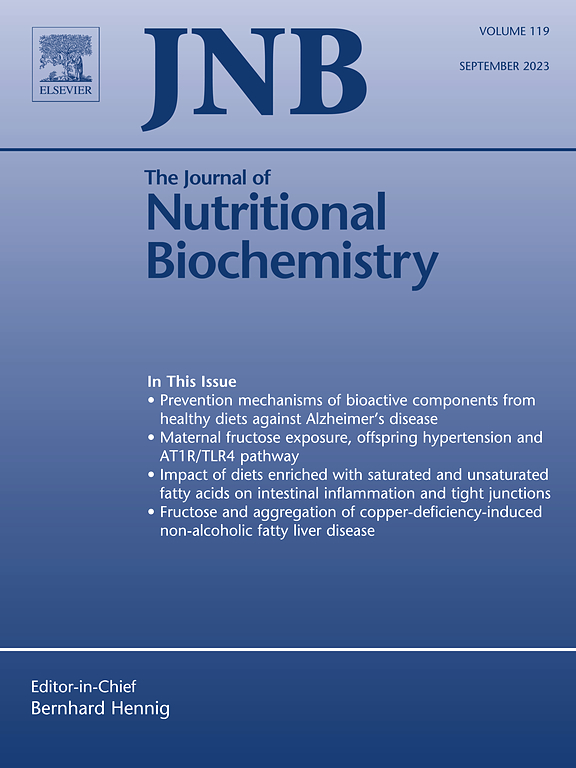
Review Article
Catechin-rich green tea extract (GTE) exercised anti-inflammatory activities can be beneficial in managing Nonalcoholic fatty liver disease (NAFLD) by reducing liver injury and gut-derived endotoxins.
Hodges JK, Sasaki GY, Bruno RS
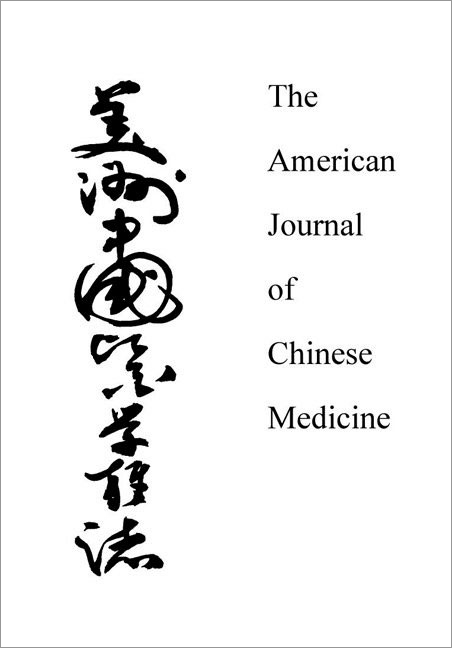
Review Article
The Chrysanthemum indicum L. plant has been discovered to have multiple pharmacological capabilities including anti-inflammatory, antioxidation, antipathogenic, anticancer, immune regulation, and hepatoprotective effects.
Shao Y, Sun Y, Li D, Chen Y

Review Article
Prunus mume fruit extracts display hepatoprotective, anti-inflammatory, antioxidative, antibacterial effects, and show promise for treating cancer and alleviating chemotherapy side-effects.
Bailly C
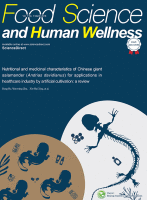
Experimental Study
Pu-erh tea water extracts could potentially enhance liver health and reduce oxidative stress in rats on a high-fat diet.
Jingjing Su, Xueqing Wang, Wenjun Song, Xiaoli Bai, Changwen Li
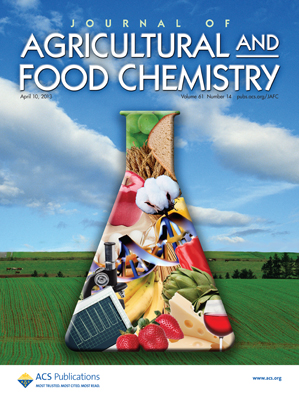
Review Article
Recent phytochemical studies of jujube fruits have shed some light on their biological effects, such as the anticancer, anti-inflammatory, antiobesity, immunostimulating, antioxidant, hepatoprotective, and gastrointestinal protective activities and inhibition of foam cell formation in macrophages.
Gao QH, Wu CS, Wang M.
Executive Summary
Write an executive summary in the form of a blog article on the topic of "Research into Chinese medicine treatment for Hepatoprotective" summarising the research below and using language that can be easily understood by patients and avoiding medical jargon using a professional and caring tone of voice.
Write an executive summary in the form of a blog article on the topic of "Researched Chinese medicine treatments for Hepatoprotective" summarising the research below in an objective and easy to understand way, and using language that can be easily understood by patients. Group the article into Chinese medicine treatments first, followed by nutrition and other treatments. Avoid using medical jargon and use a professional and caring tone of voice.
Write me a concise but easy to understand executive summary on the topic of "Chinese medicine treatments for Hepatoprotective" based on the following research that I will give you. Your summary should be 2 paragraphs long in Australian English spelling and include references to the studies.
A Animal Study published in 2022 in the journal Cytokine found that Walnut seed skin extract demonstrates potential hepato-renal protective effects, inhibiting inflammatory responses, oxidative stress and apoptosis, in kidney-damaged Sprague-Dawley rats. In the methodology, Sprague-Dawley rats in acute kidney injury state were divided into three groups: a healthy control, a group induced with renal ischemia/reperfusion (IR), and another group induced with renal IR and treated with walnut seed skin (WSS) extract. Blood, liver and kidney tissues were collected for serum evaluations of aspartate aminotransferase, alanine aminotransferase, lactate dehydrogenase, urea, and creatinine. Histopathological studies were performed on liver and kidney tissues, and gene markers related to anti-oxidant, anti-inflammatory, and apoptotic effects were measured. The results showed an improvement in deteriorated serum parameters in rats with renal ischemia pre-treated with WSS extract. Histopathological analysis revealed a protective effect of WSS on kidney and liver tissues. Though gene expression studies yielded diverse results for liver and kidney tissues, the consensus was that WSS had a pronounced protective impact on the liver. It was inferred that WSS's healing potential in renal and hepatic tissues seems to work via inhibiting inflammatory response, oxidative stress, and apoptosis.
A Review Article published in 2022 in the journal South African Journal of Botany found that Chrysanthemums, popular floricultural crops, not only hold significant ornamental value but also exhibit various therapeutic potentials including antioxidant, antimicrobial, and anticancer activities. The method involved in this research aimed at studying the genus Chrysanthemum through a decade-long review (2010-2020) of scientific evidence, focusing on its therapeutic potential, phytochemistry, and pharmacological activities. Various phytochemical compounds including flavonoids, terpenoids, polysaccharides, and unsaturated fatty acids, which are present in the genus Chrysanthemum, were identified. In addition, the taxonomy, distribution, horticultural, and traditional uses of the genus were also studied. The results demonstrated that Chrysanthemum species show numerous potential medicinal benefits, ranging from antioxidant to antimicrobial, anti-inflammatory, anticancer, anti-allergic, anti-obesity, immune regulation, hepatoprotective and nephroprotective activities. The research also underlined the opportunity of medicinal exploitation of the genus Chrysanthemum, given the extreme popularity of these plants and the wide range of phytochemical compounds they contain. The ornamental, medicinal, environmental, and industrial values of these plants further establish them as leading floricultural crops.
A Review Article published in 2022 in the journal Reference Series in Phytochemistry found that Coconut water possesses unique compound profiles that imbue it with a broad spectrum of medical properties, incorporating aspects of nutrition, pharmacology, and disease prevention. The study utilized comprehensive analysis to assess the chemical profile of coconut water, identifying a range of components including phytohormones, enzymes, antioxidant compounds, vitamins, minerals, and phenolic compounds. These components are known to contribute to the water's biological activity and pharmacological effects, thereby enabling a raft of medicinal properties inherent to coconut water. The water was found to feature anti-microbial, anti-bacterial, anti-inflammatory, anti-hypertensive, rejuvenating, hepatoprotective, hypolipidemic, and diuretic properties. An examination of the therapeutic effects of coconut water revealed a significant impact on gastric dysfunction, dysentery, and child malnutrition alongside notable capabilities to manage hypertension. The water was found to promote exercise performance, reduce swelling, dissolve kidney stones, improve kidney function, improve digestion, relieve constipation, reduce the risk of heart disease, lower high blood pressure, and improve cholesterol levels. Consumption of tender coconut water was specifically found to reduce the risk of heart disease, help prevent Alzheimer’s disease pathologies and prevent osteoporosis in experimental animals. The unique nutritional profile of coconut water was also found to provide it with the capacity to balance body chemistry and fight cancer.
A Theoretical Article published in 2022 in the journal Traditional Medicine Research found that The jujube tree bears fruit endowed with substantial nutritional value and contains numerous phytochemical components with reported antioxidant, anti-cancer and neuroprotective properties. The research implemented an analysis of the jujube tree, its fruit, and its long history of usage in traditional medicine, focusing primarily on its use in traditional Persian and Chinese medicines. The varied geographical distribution of the tree was studied, especially its presence in tropical and subtropical regions across Europe and Asia. Researchers took into account the tree’s resilience to soil salinity and alkalinity as part of its general characteristics. The core of the study involved an in-depth investigation into the nutritional composition and pharmacological properties of the jujube fruit. The fruit's contents were categorized into proteins, minerals, vitamins, organic acids, and carbohydrates. Furthermore, a range of phytochemical components such as polyphenols, flavonoids, terpenoids, anthocyanins, alkaloids, and carotenoids were identified. Research noted both the fruit's nutraceutical and cosmeceutical potential. It also explored the medicinal properties of all elements of the plant, not just the fruit. The physiological impacts of the jujube were also evaluated across various medical contexts, seeking to understand its impact on different organs and tissues, as well as its influence on various health conditions and concerns. Culminating in the identification of antioxidant, anti-cancer, antimicrobial, neuroprotective, cardioprotective, hepatoprotective properties. Noteworthy, are also its health-promoting effects, with strong references to anti-aging properties.
A Animal Study published in 2021 in the journal Journal of Integrative Medicine found that Shen Ling Bai Zhu San was found to inhibit inflammatory damage in nonalcoholic fatty liver disease, thus offering potential as a preventive and therapeutic treatment. In the study, rats were put on a high-fat diet, with or without the addition of Shenling Baizhu powder or probiotics. Assessments were made at week 16, using an echo magnetic resonance imaging analyser to examine body composition, a micro-computed tomography imaging system to measure whole body and liver fat, and a laser perfusion imager to study liver microcirculation. After this, the rats were sacrificed and biochemical markers in the blood as well as liver ultrastructure were evaluated. The expression of proteins associated with liver inflammatory signaling pathways were scrutinized via Western blot analysis alongside a high-throughput screening of 29 relevant inflammatory factors in liver tissue. The results indicated that supplementing with Shenling Baizhu powder reduced body weight, serum free fatty acid, and insulin resistance. It also improved liver microcirculation and ultrastructural abnormalities. Quantitative analyses manifested that the treatment lowered fat mass and visceral fat. Moreover, the powder reduced the expression of certain inflammatory signaling pathway-related proteins and modified the expression levels of some inflammatory cytokines found in liver tissues. Thus, indicating that Shenling Baizhu powder could inhibit the activation of inflammatory agents and suppress related expressions, making it potentially beneficial for the prevention and treatment of inflammatory damage and associated diseases.
A Experimental Study published in 2021 in the journal Chemistry & Biodiversity found that Chrysanthemum, a traditional Chinese medicine, shows significant antioxidant activity and hepatoprotective effects, making it a potential resource for functional foods and medicinal materials. A comprehensive evaluation of 25 common chrysanthemum varieties in China was carried out for their chemical constituents, antioxidant activity, and hepatoprotective effects. Initially, the water extracts from chrysanthemums were analysed using liquid chromatography-mass spectrometry and 29 chemical components were identified. It was observed that chrysanthemums were rich in chemical constituents with significant differences in the contents of phenolic acids and flavonoids among the varieties. Afterwards, the antioxidant activities of different chrysanthemums were investigated through different assays. The relationships between nine main components and antioxidant activities were examined to identify the antioxidant constitutes in chrysanthemums. The study also examined the capacity for each cultivar to protect against cell damage, with certain cultivars standing out with higher efficacy. The hepatoprotective effects of eight mainstream varieties were determined using a model of acute alcoholic liver injury. The chrysanthemums were found to protect the liver from injury by impacting relevant liver function and antioxidant indexes. Selected varieties could decrease certain liver activities, while others significantly decreased harmful content in liver tissue, showing significant antioxidant capacity.
A Review Article published in 2020 in the journal Journal of Functional Foods found that Jujube fruits contain a high amount of various bioactive compounds exerting antioxidant, anti-inflammatory, antiobesity, anti-cardiovascular disease, hepatoprotective, antidiabetic, anti-microbial, anticancer, and gastrointestinal-protective effects. The scientific evidence has shown that jujube fruits contain a high amount of various bioactive compounds, including ascorbic acid, triterpenic acids, phenolic acids, amino acids, saponins, cerebrosides, flavonoids, polysaccharides, and mineral constituents. These phytoconstituents play important roles to suppress different diseases, exerting the antioxidant, anti-inflammatory, antiobesity, anti-cardiovascular disease, hepatoprotective, antidiabetic, anti-microbial, anticancer, and gastrointestinal-protective effects.
A Review Article published in 2020 in the journal The Journal of Nutritional Biochemistry found that Catechin-rich green tea extract (GTE) exercised anti-inflammatory activities can be beneficial in managing Nonalcoholic fatty liver disease (NAFLD) by reducing liver injury and gut-derived endotoxins. The research is built around the study of the anti-inflammatory properties of catechin-rich green tea extract (GTE). The primary analytical interest is its effects on inflammatory responses that contribute to Nonalcoholic fatty liver disease (NAFLD), specifically nonalcoholic steatohepatitis (NASH). The extraction focuses on inhibiting the activation of the hepatic nuclear factor kappa-B, which is known to exacerbate liver injury. The results have shown positive contributions of GTE to management of NAFLD. Itn was observed that the extract limits the activation of the hepatic nuclear factor kappa-B and in turn, reduces NASH-associated liver injury. Additionally, green tea extract was found to contain hepatic-level benefits that attenuate intracellular redox distress and pro-inflammatory signaling. It was also found to improve the gut barrier function, limit the translocation of gut-derived endotoxins, and exercise prebiotic and antimicrobial effects on the gut microbial ecosystem. These results can potentially contribute to managing NAFLD-associated morbidity.
A Review Article published in 2020 in the journal The American Journal of Chinese Medicine found that The Chrysanthemum indicum L. plant has been discovered to have multiple pharmacological capabilities including anti-inflammatory, antioxidation, antipathogenic, anticancer, immune regulation, and hepatoprotective effects. In their study, the researchers undertook an extensive review of Chrysanthemum indicum L., a longstanding staple of traditional Chinese medicine. They examined the botany, phytochemistry, and pharmacology of the plant, integrating historical records relating to traditional medicinal usage with modern scientific analyses. In the discussion of their findings, they made note of the plant's impressive pharmacological portfolio. More than 190 chemical compounds have been identified within the plant, including flavonoids, terpenoids, phenylpropanoids, and phenolic acids. These contribute to a variety of medical benefits - illustratively, its extracts show anti-inflammatory and anti-oxidation properties, and compounds isolated from the plant suggest potential anticancer, antipathogenic microorganism, immune regulation, and hepatoprotective effects.
A Review Article published in 2020 in the journal Journal of Ethnopharmacology found that Prunus mume fruit extracts display hepatoprotective, anti-inflammatory, antioxidative, antibacterial effects, and show promise for treating cancer and alleviating chemotherapy side-effects. The authors conducted an extensive database retrieval via SciFinder, PubMed, and various other resources using relevant keywords such as "Prunus mume", "Chinese plum", "Japanese apricot", and "cancer". They also consulted relevant textbooks, patents, reviews, and digital documents (in English). The purpose was to analyze the anticancer activities of the P. mume extracts and their potential use to prevent or treat cancers. They also aimed to review the use of the P. mume extracts to alleviate the side effects of chemotherapy, notably drug-induced gastrointestinal toxicities. In addition to showing hepatoprotective, anti-inflammatory, antioxidative, and antibacterial effects, the P. mume extracts were found to exhibit anticancer properties. Specifically, the extracts inhibited proliferation and induced apoptotic death of multiple types of cancer cells from both solid and hematological tumors. Furthermore, the extracts were found useful in treating mucositis and other gastrointestinal damages induced by anticancer drugs. The scientists profiled key natural products found in the extracts including ursolic acid and oleanic acid. However, they call for more robust evidence of anticancer activity in humans.
A Experimental Study published in 2016 in the journal Food Science and Human Wellness found that Pu-erh tea water extracts could potentially enhance liver health and reduce oxidative stress in rats on a high-fat diet. In this study, fifty SD rats were split into five distinct groups and subjected to a high-fat diet. Their body weights were noted daily. Researches measured the serum levels of malondialdehyde (MDA), glucose, catalysts such as alanine aminotransferase and aspartate aminotransferase, nitric oxide synthase, and pyruvate kinase. Besides, hepatic glycogen levels were assessed, along with the activity of liver enzymes like total superoxide dismutase, catalase, and glutathione peroxidase. These measurements were consistently undertaken for a duration of 12 weeks. The findings showcased a decrease in the body weight and fat index of rats after the administration of Pu-erh tea extract. The reduction in body weight and fat index was accompanied by a decrease in malondialdehyde and nitric oxide synthase levels. Interestingly, there was also a noticeable increase in the activities of hepatic total superoxide dismutase, catalase, and glutathione peroxidase. These findings suggest that the Pu-erh extract might reduce the oxidant stress state, inhabit lipid peroxidation, and protect liver health in rats. Simultaneously, the extracts seemed to boost the production of liver glycogen, enhance the activity of pyruvate kinase, and decrease glucose levels, thereby possibly safeguarding the liver from diseases linked to Type II Diabetes.
A Review Article published in 2013 in the journal Journal of Agricultural and Food Chemistry found that Recent phytochemical studies of jujube fruits have shed some light on their biological effects, such as the anticancer, anti-inflammatory, antiobesity, immunostimulating, antioxidant, hepatoprotective, and gastrointestinal protective activities and inhibition of foam cell formation in macrophages. The nutritional jujube (Ziziphus jujube Mill.) fruit belonging to the Rhamnaceous family grows mostly in Europe, southern and eastern Asia, and Australia, especially the inland region of northern China. Jujube has a long history of usage as a fruit and remedy. The main biologically active components are vitamin C, phenolics, flavonoids, triterpenic acids, and polysaccharides. Recent phytochemical studies of jujube fruits have shed some light on their biological effects, such as the anticancer, anti-inflammatory, antiobesity, immunostimulating, antioxidant, hepatoprotective, and gastrointestinal protective activities and inhibition of foam cell formation in macrophages. A stronger focus on clinical studies and phytochemical definition of jujube fruits will be essential for future research efforts. This review may be useful for predicting other medicinal uses and potential drug or food interactions and may be beneficial for people living where the jujube fruits are prevalent and health care resources are scarce.
Moderation Tools
Topic
Sign In
Users not signed in are limited to viewing the 5 most recent items of content.